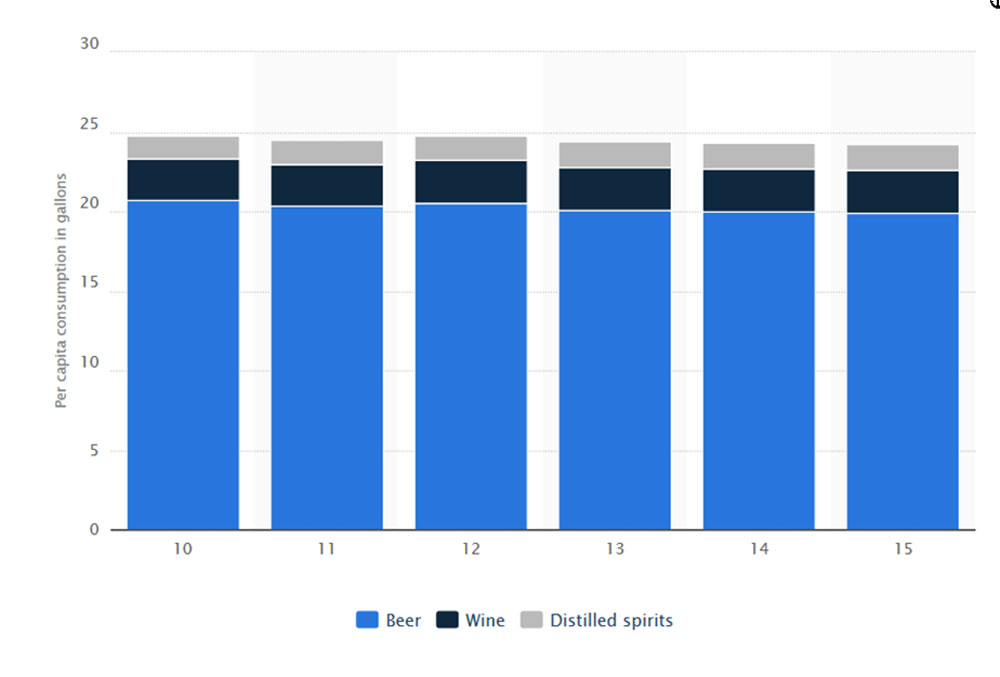While insiders are still debating which factors contributed to craft beer’s mid-single digit increase in 2016, news has come in that in 2017 growth could be even slimmer.
America First. Some politicians were irritated that Genesee Brewing Company, a brewery from New York state, might receive state funding while buying tanks from China that could have been produced in New York.
Another Asheville craft beer brewery has undergone an ownership change, but this time the sale was not met with outrage, as in the case of Wicked Weed, which was sold to AB-InBev in early May 2017.
When the Brewers Association published its list of “crafty” beer brands in 2012, it received a lot of flak for this obvious tactic of blacklisting. Now the beer blog Beer Studs has published what they are calling the “The Cut Off”, which lists all the “impostor” craft beer brands that have been acquired by AB-InBev.
In May 2017, James Quincey, an insider, took over as CEO of The Coca-Cola Company. He has his work cut out for him. Not only will he be going to refranchise Coca-Cola’s vast network of bottlers in the US, which will reduce Coke to a branding and concentrates firm, the question for Mr Quincey is whether Coca-Cola can move beyond Coke. More and more governments see its sugar-laden products as a scourge.
The sheer hypocrisy is baffling. On 22 May 2017, the Texas Senate passed a law which seeks to limit breweries that grow beyond a certain size or become owned by a larger beer company, from self-distributing. But who is to benefit? Only the distributors, not the craft brewers.
Who would have thought that craft brewers would react to the sale of Wicked Weed to AB-InBev in early May with anger, rather than quiet resignation? Wicked Weed is AB-InBev’s tenth acquisition in the US, not its first.
The software giant SAP is suing AB-InBev for USD 600 million claiming it lost out in software licensing fees, media reported on 4 May 2017.
No surprise, really. On 4 May 2017, Heineken completed a deal to take full control of Petaluma, California-based Lagunitas. Terms of the transaction were not disclosed.
The latest craft brewery sale to AB-InBev has more of a fall-out than usual. Within hours of announcing the deal, Wicked Weed, located in North Carolina’s beer city Asheville, lost its voting rights in its craft beer guild, was publicly evicted from collaborations with two independent breweries and exiled from at least a handful of local craft beer shops and bars.



